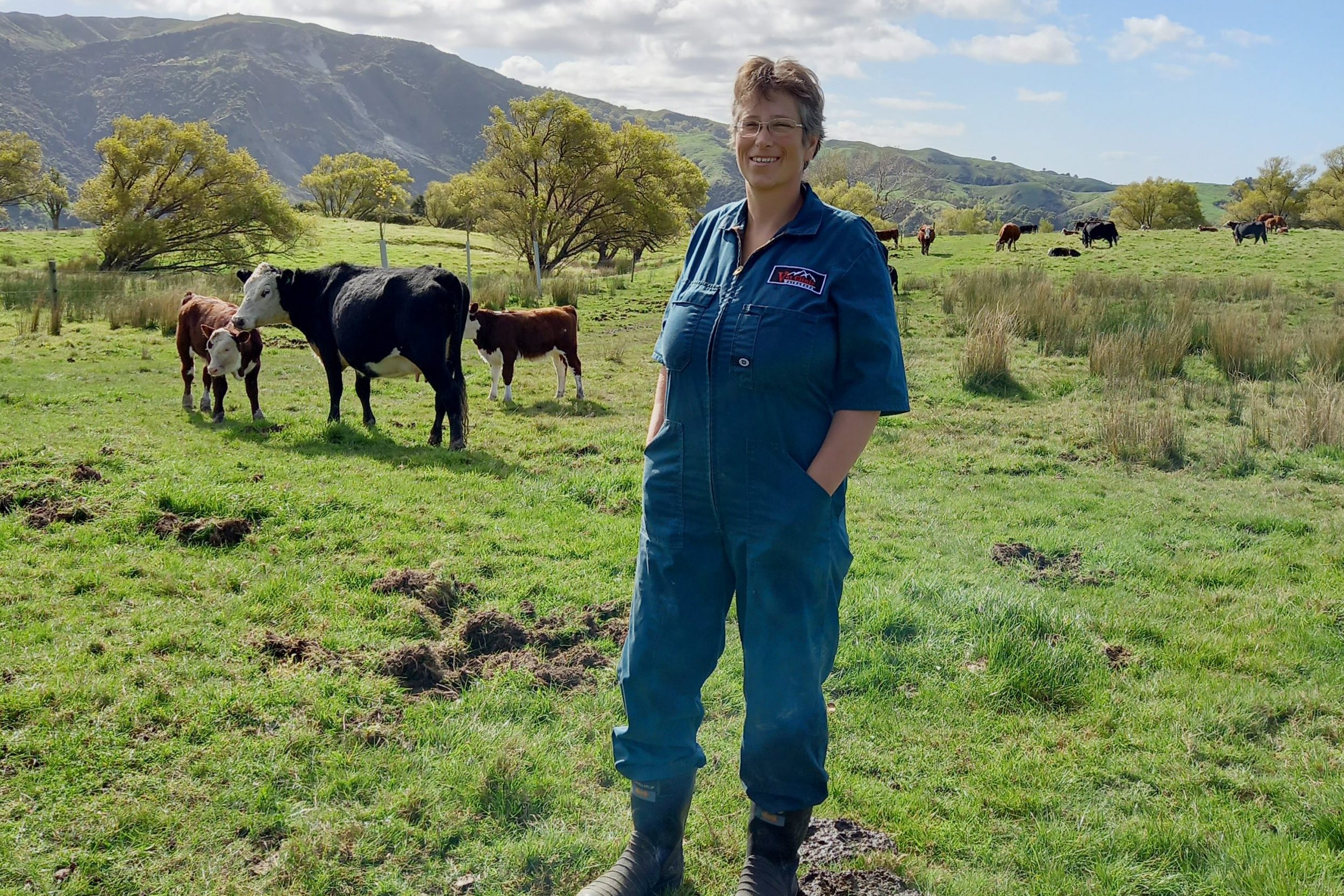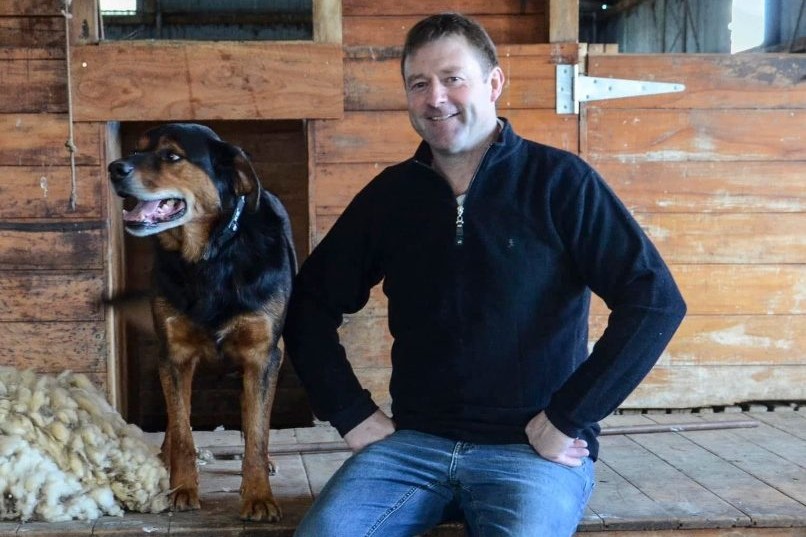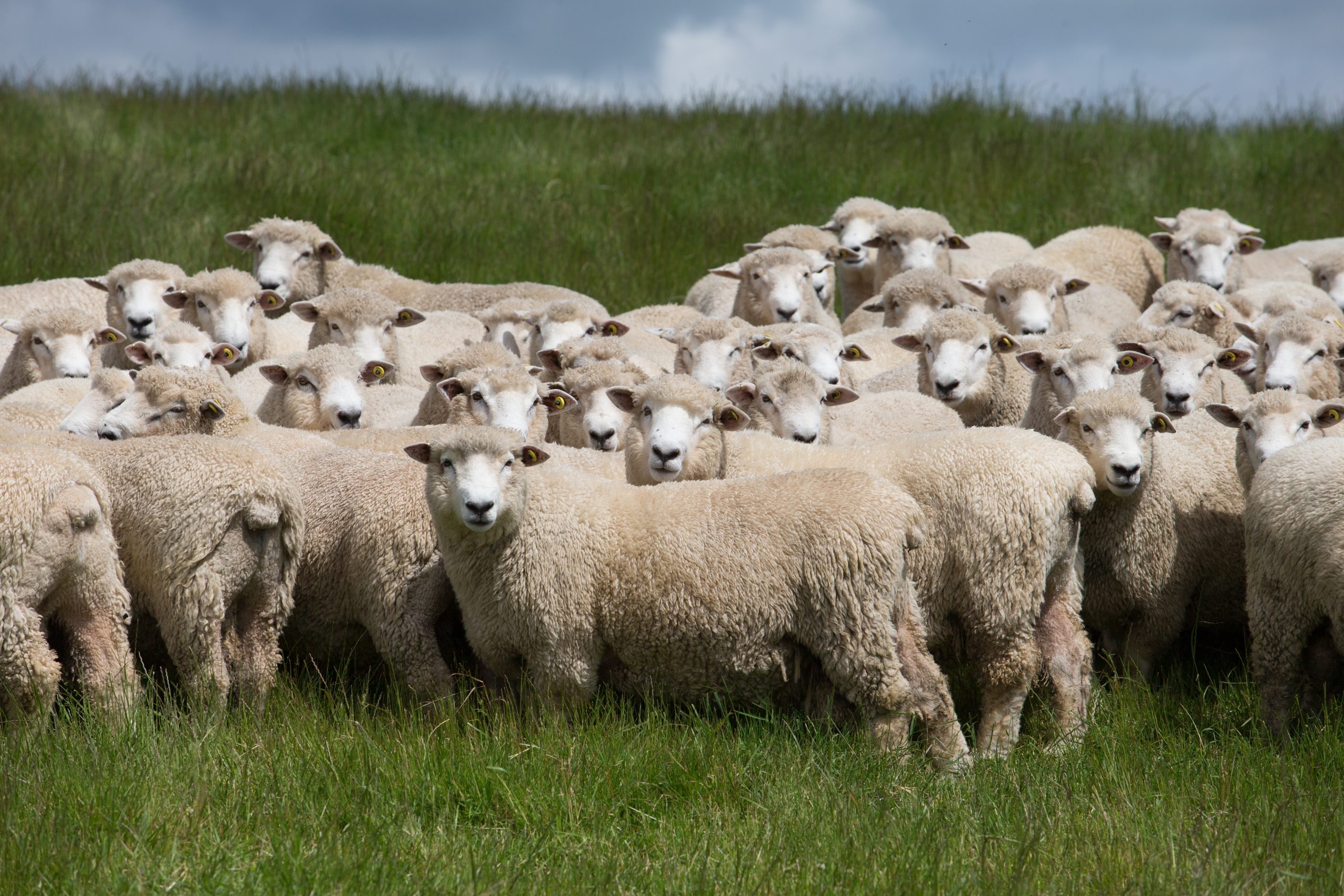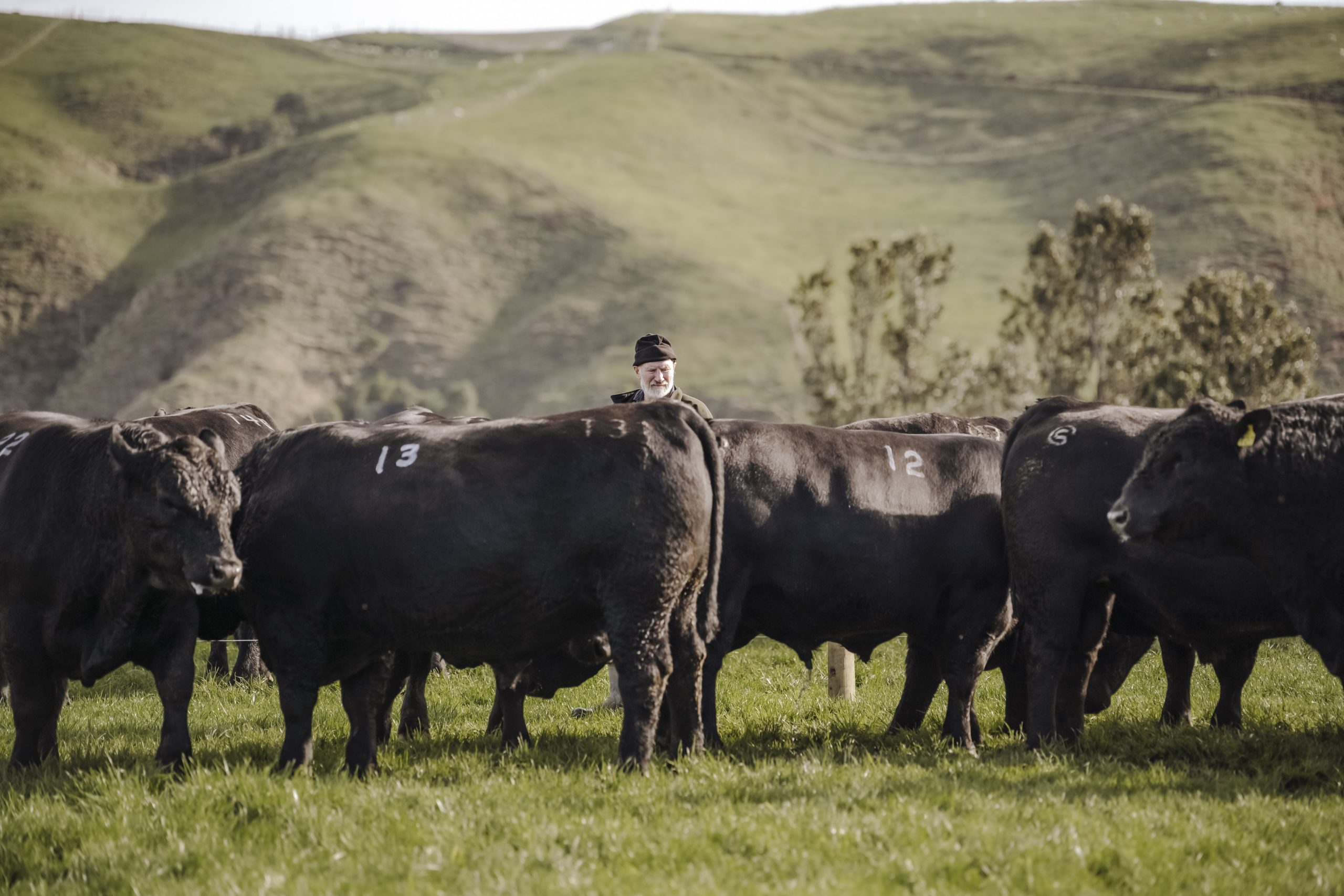Rewarding farmers at the top of their game gives veterinarian Trevor Cook a warm glow.
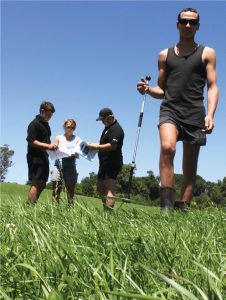 To keep any of our jobs exciting and stimulating from time to time we need to get a real buzz from something we do. In February I had one of those experiences judging the Wairarapa Farming Business of the Year again.
To keep any of our jobs exciting and stimulating from time to time we need to get a real buzz from something we do. In February I had one of those experiences judging the Wairarapa Farming Business of the Year again.
This was the third time and the buzz has been as big each time. To explore the business of farmers at the top of their game is both a privilege and stimulating.
Things that made them good like planning, monitoring, analysing and the list goes on are clear to see but what really makes them good is stringing all these “good things” together. None were doing anything much different from other farmers, it is just that they wrap more control around what they do.
What capped this judging experience was the event at which the winner was announced. The room was packed with past winners who were there to support and acknowledge the new winner. Something very special.
From judging this competition as well as getting to see other high-performing farming systems I see a variety of approaches to feed budgeting. Of the three winners that I have judged only one used formal feed budgeting to help with decision making.
I see other high-performing farming businesses in which there is no feed budgeting of any visual form. That is not to say that there is not some sort of feed budgeting being applied but even for these farmers making that more formal could allow them to be even better.
Being able to know and quote feed demand and supply and apply that to weeks or months ahead is rare but this is the simplest form of feed budgeting. I suspect those top performers that do not actively feed budget respond very quickly to what they see. Enough feed as an eye judgement is not enough. This can only come from past knowledge and experience.
To go to the next level though for most would be helped massively by knowing more about the feed. Of the tools that support increasing stocking rate, feed budgeting must be one of the most useful. For my small block though it does not need much sophisticated monitoring and analysis to know there is very little feed available when it is so dry. It has rained while I write this but I must not get too excited yet because any change in the feed supply will be minimal.
Going back to that Wairarapa competition, concurrent with it was another looking at finding the best up and coming farmer, so aimed at head shepherds, stock managers and even young managers. The six finalists covered that range and all had very impressive farming backgrounds.
Their stories sparked a nice warm glow in me and added to the feeling that the industry is in good hands. The very interesting outcome was that the winner was raised in Auckland. At the after-match function I learned that of the seven shepherds on one of the iconic stations down there, only one came from a farming background. This is a huge change from not too long ago and it was clear from discussion among farmers there that the agricultural training organisations have been instrumental in allowing this to happen. Their demise should be a big concern.
In my own profession that shift away from farming origins happened long ago. This has not been an obstacle for young veterinarians in my business as has their gender not been. But I would expect that because we select very carefully and support those young graduates.
I believe that that first job experience is so influential in their long-term outcome. Disciplines, culture, standards, respect and confidence can all be reinforced and taught in that first job and that sets an expectation and a capability for the future. It can empower them to move on to greater things. A very good example is that iconic station mentioned above which has featured in the background of countless successful farmers.
By the way, another nice contour sheep and beef farm up north has been bought by tree investors.
How long if this intrusion goes on unabated before the consequences are at least acknowledged and in turn responded to.

